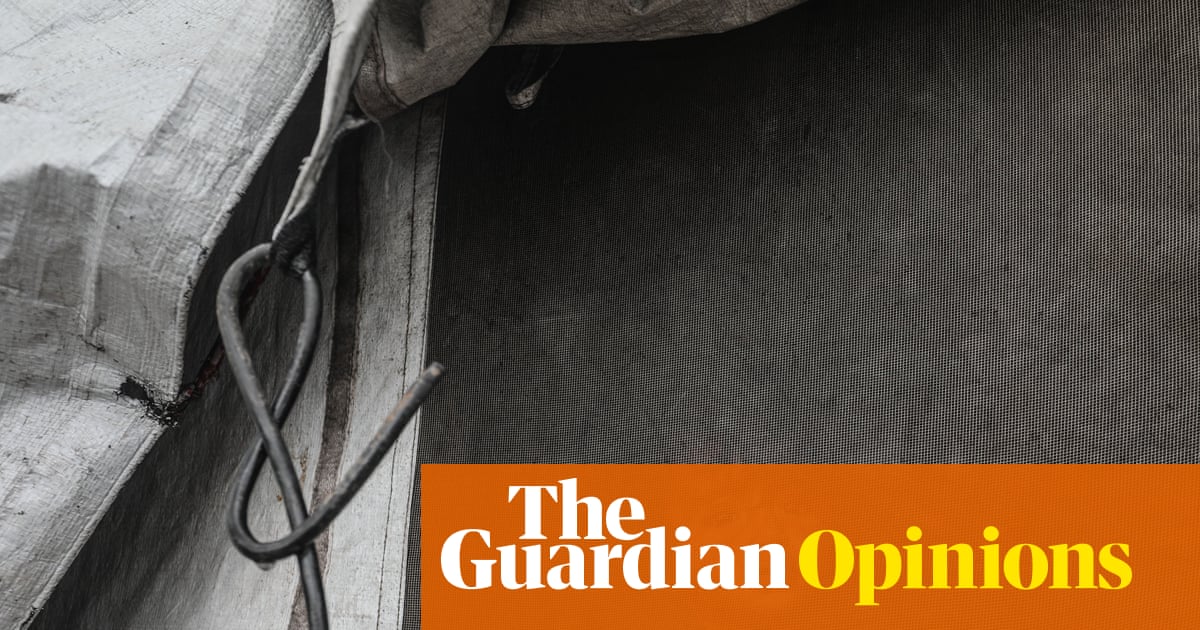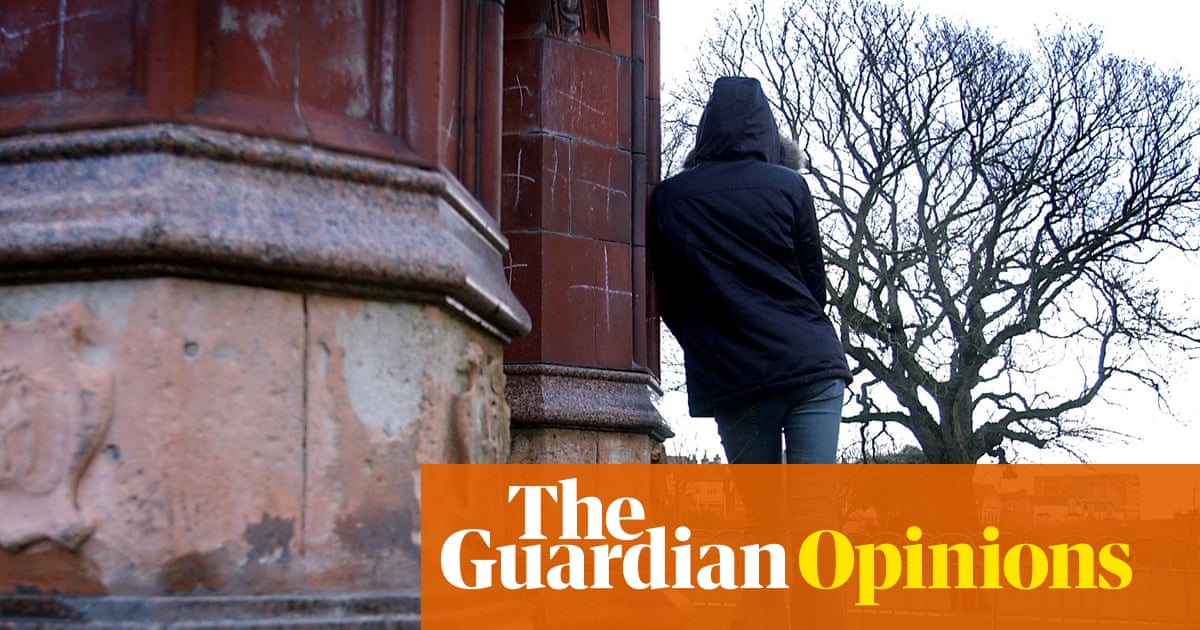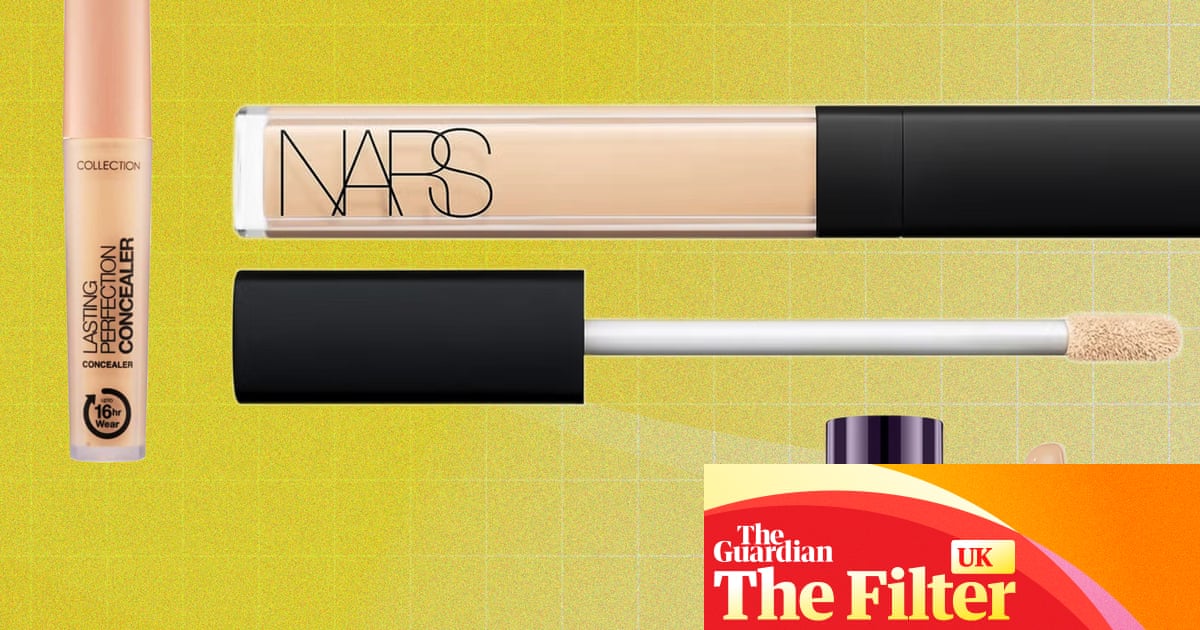It is the makings of a pub‑quiz question: what do third‑tier Lincoln City have in common with Barcelona, Bayern Munich and Eintracht Frankfurt? The answer is rooted in their forward-thinking approach, with the League One side one of a few clubs in the world to have a dedicated innovation arm tasked with maximising potential. There are always ideas bubbling away at the surface, one centring on using plant‑based energy gels, another on adjusting dressing-room lighting to heighten performance.
Lincoln, ambitious and upwardly mobile, are flying high in League One despite a bottom-half budget and host Chelsea in the Carabao Cup third round on the back of a run of one defeat in 12 matches. Reaching the second tier is the next major milestone in sight, a level they have not played at since 1961. Jason Futers, the club’s chief growth and innovation officer, joined last year after a career in risk and technology across a number of startups.
“It isn’t about trying to find the next Facebook or Meta to invest in,” Futers says. “This is looking across the board: what as a club can we do to grow and how can we innovate in that growth? We want to be a sustainable Championship club. And, like all clubs, we lose a lot of money, so we’re looking at it and exploring how we can do things a bit differently.”
Lincoln recorded financial losses of £2.9m in 2023-24 and their chief executive, Liam Scully, previously compared them competing in the third tier with battling against nuclear submarines with a canoe and a paddle. Last month Burnley became the latest club to create an innovation hub and Reading appointed a head of artificial intelligence. “It is rare but I think many more clubs will focus on innovation going forward,” Futers says.
Lincoln’s Innovation Lab may feel like something from Minority Report but the club are working with dozens of companies to enhance efficiency, including a venture with the Swiss technology firm Quambio focused on reducing their carbon footprint. “Similar to many clubs, 70% of our carbon footprint is created by fan travel to and from our games,” Futers says. “We’re not taking the weight of the world on our shoulders but, if we can, we want to reduce our footprint.”
Lincoln were also kings of the set piece last season, scoring from 30, more than any other side in the top four tiers and have prospered from them three times this campaign. They are among the clubs to have embraced AI to aid their set-piece strategy, led by the former Wolves academy coach Scotty Fry, who translates the formula on to the pitch. Lincoln religiously practise set plays and players study them – for and against – via the Hudl analysis app. Rivals could be forgiven for queueing up for Lincoln’s login. “Doing set plays well has a massive impact on where you finish,” the defender Sonny Bradley says. “You can’t always rely on perfect patterns of play but you can always do the basics well.”
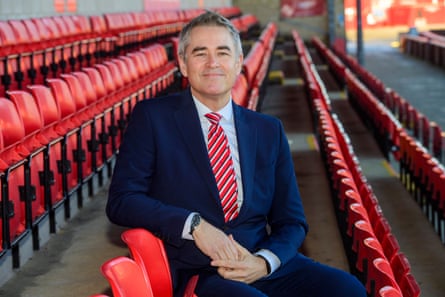
Bradley, a summer arrival with more than 500 career appearances to his name, does not dress things up when asked what Chelsea can expect at Sincil Bank. “Probably a difference to their previous three away games,” he says of visits to Manchester United, Bayern Munich and Brentford. “We have to accept that they’re going to have a lot of possession – they will probably dominate the ball – but that’s fine. I think that some people need to understand that you can control a game out of possession.
“We are well aware we will have to pick our moments. I think if we win any sort of free-kicks around the halfway line, maybe even 10 yards inside our own half, we potentially could be loading their box. It might not look great, it might not be easy on the eye, but we will be attempting a lot of direct play, a lot of free-kicks, definitely a lot of long throws. We’ll try our best to disrupt them and win the game. It is up to us to find a way.”
Bradley faced Chelsea in the FA Cup with Luton four years ago, with Frank Lampard’s then side prevailing 3-1 behind closed doors amid lockdown restrictions at Stamford Bridge. His first recollection of the game is how the multiball system – which Luton were advised would not be in operation – was the catalyst for Tammy Abraham’s first goal en route to a hat-trick. “Next thing the ball is in the back of our net,” he says. “It was a strange experience because when you play in those big games you want the fans to be there, but because of the lockdown it was almost like a pre-season atmosphere.”
after newsletter promotion
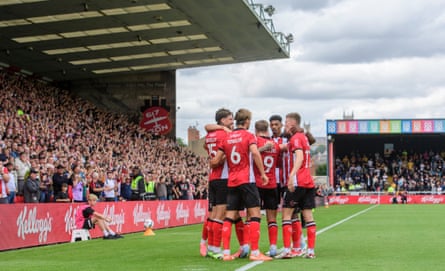
With the players unable to swap shirts after the game, Chelsea’s kit man washed them and sent a bag to Luton. “We shared them out and, even though he didn’t play, there was an N’Golo Kanté shirt that I took home. I definitely won’t ever wear it because it’s one of the smallest shirts I’ve ever seen. But it’s a good one for my collection,” Bradley says, laughing.
“I was a Hull fan growing up so if I played against their former players, Boaz Myhill, Michael Turner, I would always swap with them. I’ve got [Cristiano] Ronaldo, [Wayne] Rooney, [Lionel] Messi shirts, a [Daniel] Sturridge, a [Divock] Origi. I’ve got a room in my house with a few shirts on the wall, but at the moment it is only my shirts so when people come in they only talk about me and not other players.” Presumably the aim is to keep it that way on Tuesday? “Hopefully,” Bradley says, smiling.
It is fitting that Lincoln’s red‑and-white striped home shirts feature a nod to innovation, with the kit honouring the work of the pioneering mathematician George Boole, who was born in the city on Silver Street in 1815. The strip is decorated with lines of binary code that spells out “We Are Imps”, Lincoln’s nickname.
“We thought it could speak to what we’re doing as a club,” says Futers, flagging how the clothing tag of their third kit contains seeds from the common dog-violet, the county flower of Lincolnshire, which fans can then grow themselves. “We take things seriously, but we don’t take ourselves too seriously. We love the ability to really celebrate our community.”

 3 months ago
63
3 months ago
63
